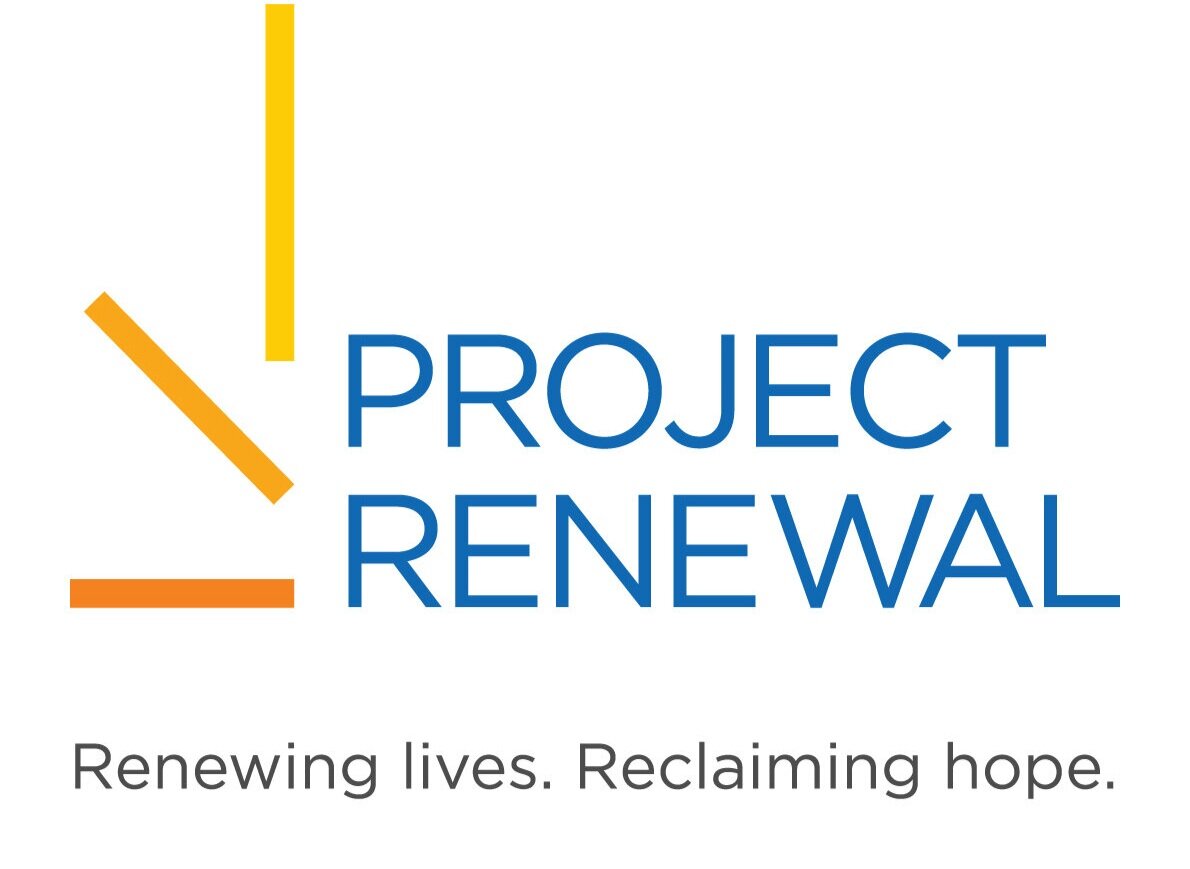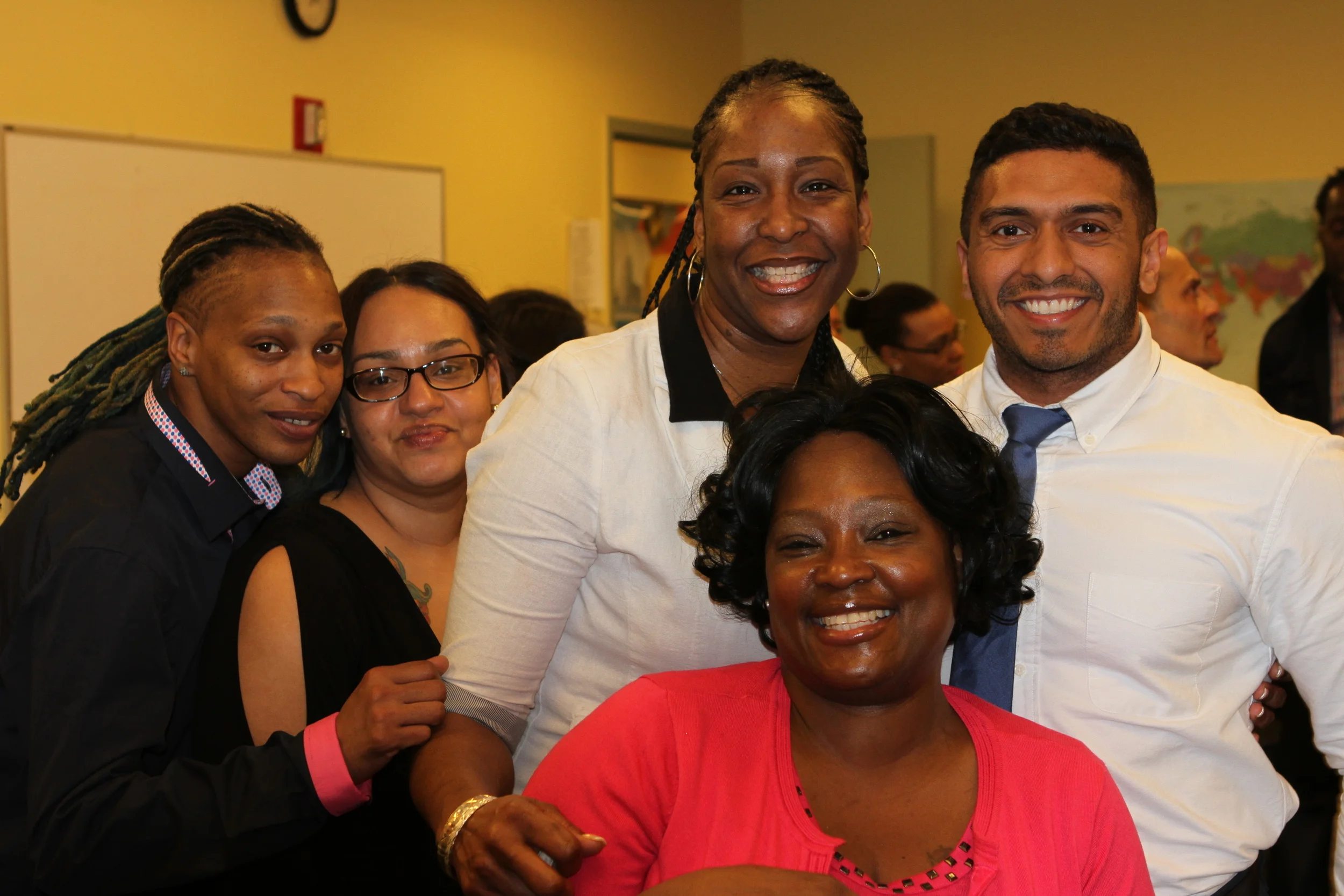Renewal Farm needs your support to help more men like Fredly. To donate, visit http://www.supportrenewalfarm.causevox.com.
Fredly is tall, well over six feet, and strong. His presence would be intimidating if it weren’t for his voice. He sounds more like a scholar than a homeless man.
He’s watering the plants when I meet him. I come up and shake his hand. He starts to tell me about himself.
“I’m one of eleven, the youngest, I’m thirty-four now,” he begins. “From Rockland County. Father had me when he was fifty and my mother was forty.”
He takes off his gloves and dusts them off. “Father’s an alcoholic, and he was pretty abusive. My household was secretive. Strict religious on the outside. But inside? Very chaotic, lot of shame and guilt. Lot of ignorance...Everything was always fear based.
“I didn’t feel comfortable with my family,” he laughs. “I remember wishing I was adopted.
“My first time consuming anything was when I was six or seven, but in my culture, when you were sick, you put a little rum on your tongue. So alcohol and drugs always put me in a place of comfort.”
I ask when things started to turn.
“By the time I was thirteen, I was kicked out of the house. Completely rebelled, so I was able to do more alcohol and drugs.”
Even though it’s still early, the sun is beating down. Fredly is covered in sweat. He wipes his head. “My whole life was trying to portray one side of myself to society, while isolating myself and being in a real dark place in reality.”
“I dropped out of high school. I thought I was unworthy.” He accentuates the final word of the sentence. “I only surrounded myself with the same negative behaviors that I shared. I was very manipulative. I sold drugs, I used drugs, I’ve been convicted of a felony…”
I ask him if he ever tried to turn it around.
“I tried to go back to school, but I had to drop out. I was going to college for pharmacy. But you can’t have a felony in the healthcare profession.”
He sighs. “I have a nine-year-old daughter. I was in a ten-year relationship. Not being home with the family, not answering the phone, being out. Lot of stress, lot of confusion. Family couldn’t understand my addiction. When they seen me, they seen a kid that had potential, that was smart, but couldn’t see why my life was so unmanageable...I couldn’t see why my life was so unmanageable.”
I ask him about Project Renewal.
“Psychedelics and alcohol led me here, but I haven’t touched drugs and alcohol in some time. I’m on a whole spiritual trip.”
He smiles. “This place taught me to love and respect myself. Lack of faith...this place kind of gives me hope, showed me that life is beyond material. There’s more to life. You can’t isolate yourself. When you isolate yourself, that’s where you go to the dark, dark, place. That’s where the disease starts.
“I was raised on the streets, now I feel like I’m in tune with nature. I feel like it’s symbolic. As you learn to groom the earth, you’re learning to groom yourself. I love it, I love it, this whole experience. It saved my life.”
I ask him if he’s close to the guys in the program.
“We’re all brothers. It creates an overwhelming experience. Sometimes you have brothers who love you more than you love yourself...they love you until you learn to love yourself.
“Before, for me to have I fun, I used to think I just needed money, drugs, and women. I was lacking that spirituality...but when you start to feel it, that higher power, that spirituality, that love...you start to feel that you’re feeding your spirit.
“Life is all about connections. The disease is all about isolation. It’s a daily struggle, but it’s also a daily blessing. So much has been given to me, I just want to give something back.”
Fredly has seen the radical change Project Renewal can have on rehabilitation. And he’s not alone. Men of all walks of life pass through the Renewal Farm on their road to recovery and a new life. However, due to recent budget cuts, Renewal Farm is losing funding. It’s our hope that, through the "Why are you Homeless" campaign, more New Yorkers will come to understand that anyone can become homeless.
You can help support Project Renewal through donations. But we appreciate it just as much if you just sign up to learn more about us or like us on Facebook. Check back next week for another eye-opening story about homelessness in the city. In the meantime, keep your eyes and heart open.
- Dan Foley


























